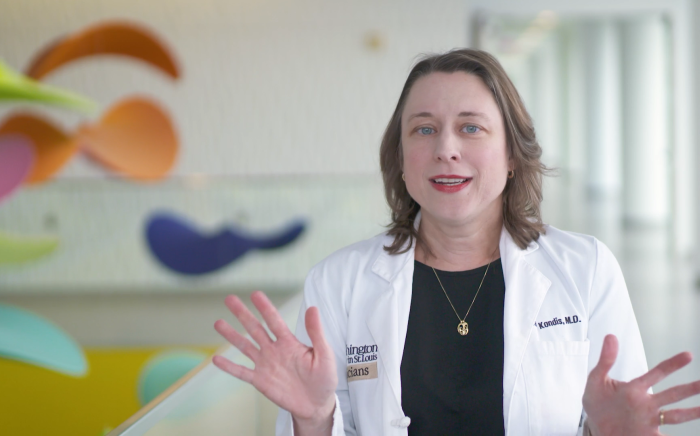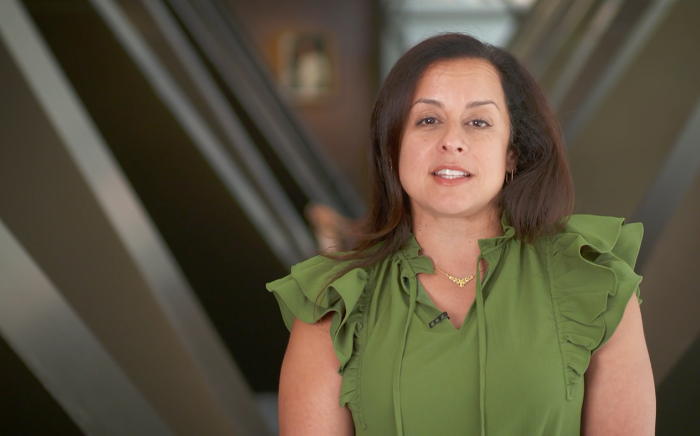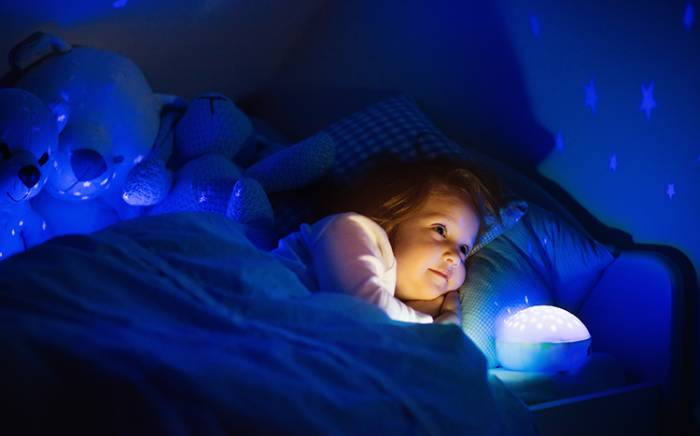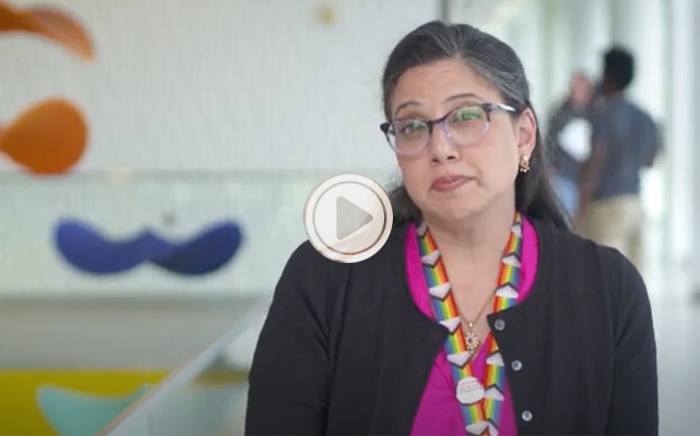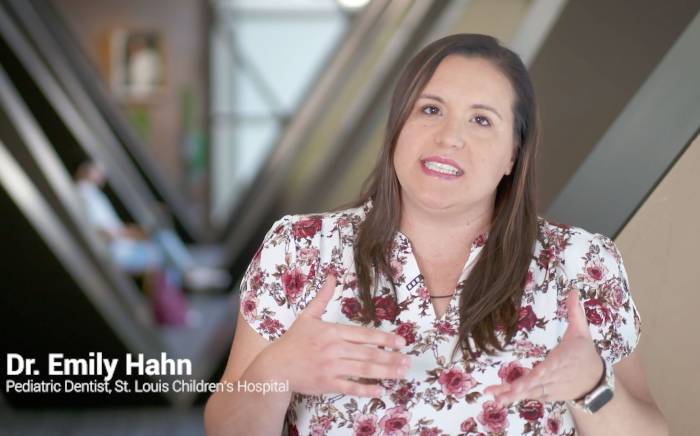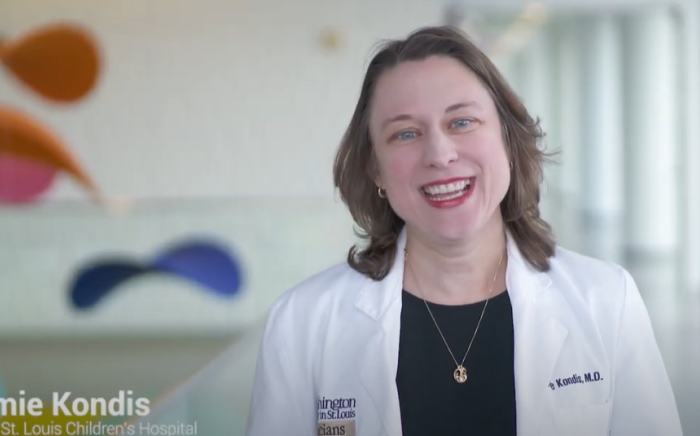What is craniopharyngioma?
A craniopharyngioma is a usually benign but possibly aggressive tumor that is found near the pituitary gland, a structure connected to the brain that regulates the production of many hormones in the body. This tumor is most commonly found in boys and girls 5 to 14 years old, though it can occur in adults, too.
For more information regarding pediatric craniopharyngioma services in St. Louis or to schedule an appointment at St. Louis Children's Hospital please call 314.454.5437 or 800.678.5437 or through email.
Craniopharyngiomas are usually a mixture of both solid mass and fluid-filled cysts. They are not cancerous tumors, and they do not spread to other parts of the body. As they grow, however, they may press on parts of the brain and surrounding structures, affecting hormones, vision, and other normal functions. For this reason, they require treatment.
What are the symptoms of craniopharyngioma?
These are common symptoms of craniopharyngiomas:
-
Headache, including one that goes away after vomiting
-
Vision changes
-
Loss of balance or trouble walking
-
Unusual changes in energy level
-
Slow growth or delayed puberty
-
Hearing loss
-
Increase in thirst
-
Increase in head size (in infants)
How is craniopharyngioma diagnosed?
Tests that may lead a doctor to suspect a craniopharyngioma generally include physical exams, neurological exams, and vision tests. CT and MRI scans are the primary tests used to confirm the diagnosis. Doctors may also check the blood for levels of specific hormones such as thyroid-stimulating hormone and ACTH, which are secreted by the pituitary gland. Techniques like CT scans and MRIs may also be used to take pictures of the brain and detect tumors.
Treatment for craniopharyngioma
Once diagnosed, craniopharyngiomas are usually removed through surgery. The surgeon will decide if the tumor can be removed in its entirety, which can't always be determined before surgery. Sometimes, doctors are not sure whether a tumor is a craniopharyngioma until the surgery begins.
Sometimes not all of the tumor can be removed through surgery because of the risk of damaging other structures, like the optic nerve, hypothalamus, and carotid artery. When the entire craniopharyngioma can't be surgically removed, doctors will usually try to remove as much of it as possible to relieve pressure on other body parts, and then use radiation therapy to get rid of what remains. Radiation therapy is generally given by external beam therapy. Experimental chemotherapy trials can be considered if the tumor recurs after radiation.
Prognosis
The outlook for craniopharyngioma patients is good. Up to 90% of all patients have a chance of a permanent cure if the tumor can be completely removed with surgery. However, there is a chance that the tumor will recur, especially if it is not all removed. Most recurrences happen within two years of surgery.
Other health effects may remain after treatment ends. Some common side effects of craniopharyngiomas include vision loss, obesity, behavioral problems, and the need for lifelong hormone replacement. One common side effect is loss of posterior pituitary gland function. This causes uncontrolled urination. It can be partially treated with hormonal therapy.
For more information regarding pediatric craniopharyngioma services in St. Louis or to schedule an appointment at SLCH, please call 314.454.5437 or 800.678.5437 or through email.
For more information or to schedule an appointment, call 314.454.5437 or 800.678.5437 or email us.




